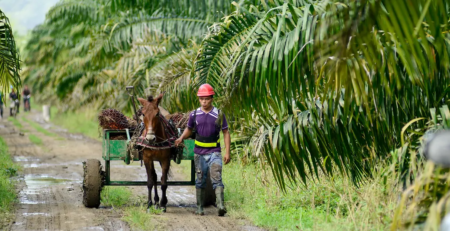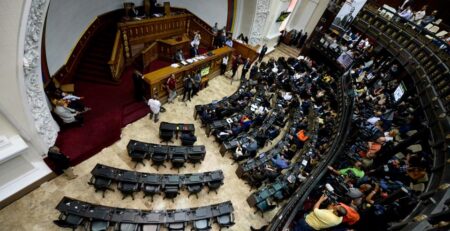Philippines. Social pension and our senior citizens
A hallmark of Filipino culture is how we treat our elderly with respect and utmost care. Indeed, it is normal for a family to have at least one grandparent living with them—and if not living with them, then frequently visiting to make sure the children and grandchildren are doing well.
With this in mind, the government recognizes that the welfare of senior citizens can be a challenge for many families. That is why there is a need for social pension where senior citizens can receive monetary support and benefits.
According to a September 2019 Philippine Institute for Development Studies (PIDS) paper, the country has about 7.5 million senior citizens—aged 60 and above—as of 2015. This number is expected double to 14.2 million by 2050. What’s worrisome is that in 2015, up to 17.5 percent of the elderly are labeled “income poor,” representing roughly 1.2 million senior citizens who need support the most.
A study by the Coalition of Services of the Elderly pointed out that more than half of the country’s senior citizens receive no pension at all, regardless of contributory or social type. This is of serious concern, as the increasing health risks of advanced age, combined with fewer livelihood opportunities, leaves senior citizens very vulnerable, particularly if they receive little support from their relatives. The Expanded Senior Citizen’s Act of 2010 (Republic Act 9994) that I authored while in the House of Representatives institutionalized the Social Pension for Indigent Senior Citizens (SPISC). Enacted in 2011, the program provides additional government assistance through monthly stipends.
Read more @Business Mirror










